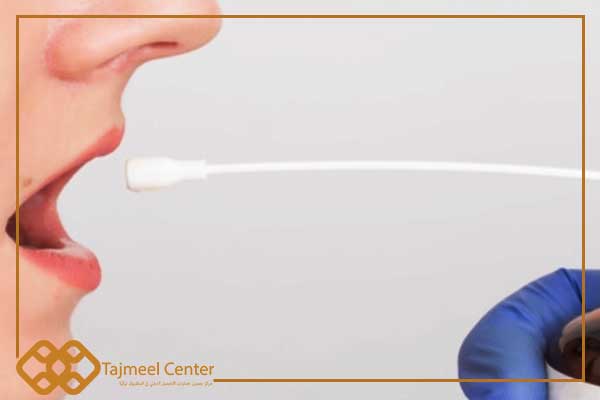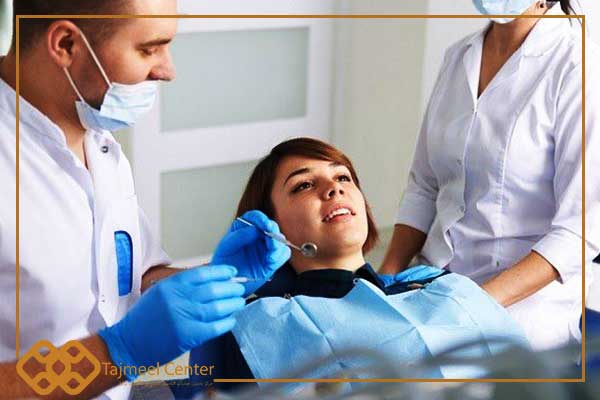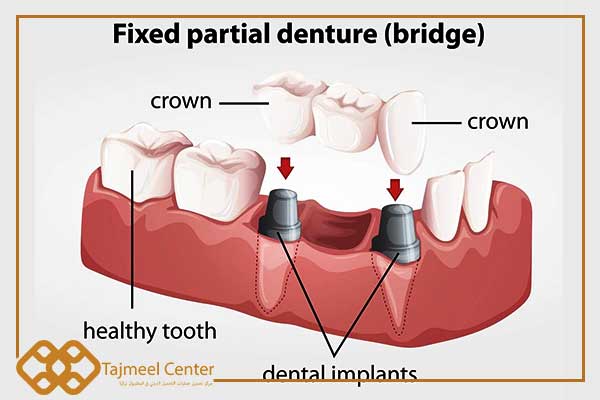Dental anesthetic spray
Dental anesthetic spray | The discovery of anesthesia is considered one of the greatest chemical discoveries in the modern era, because it relieved man of most of the pain he was suffering from during surgical operations, or during extraction or dental treatment .
Performing any surgical procedure in the body, or the doctor treating or extracting any of the patient’s teeth, causes severe and excruciating pain to the patient, which may cause fainting, or even cardiac arrest in some cases, and therefore we have dedicated this article to talk about dental anesthetic sprays , as one of Types of anesthesia used in treatment.
What is a dental anesthetic spray?
Dental anesthesia spray is one of the types of local anesthesia used by the dentist, when he wants to treat the patient’s teeth. The anesthetic effect of this spray is attributed to the presence of lidocaine, which is from the family of local anesthetics that are used within the medical community.
As this substance relieves the pain in the area, by anesthetizing the pain receptors in the target area, which are responsible for transmitting the sense of pain to the brain, where the dentist uses this type of local anesthesia.
In order to reduce the patient’s sense of pain and the pharyngeal reaction, the method of using an anesthetic spray is to put two sprays on the pain area with a difference of two seconds between the first and the second spray, where the anesthesia needs about five minutes to take effect, taking into account the need to inform the doctor before starting With treatment, if the anesthesia does not take effect.
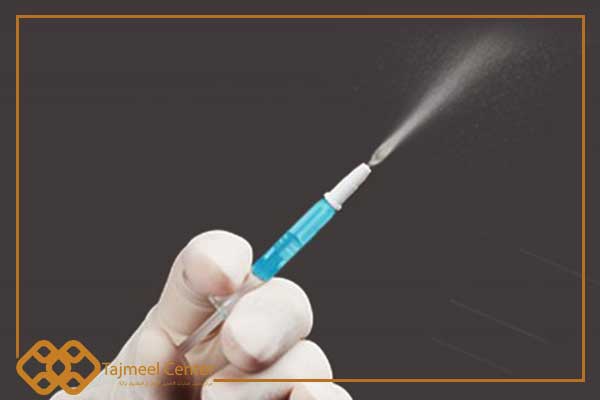
When to use dental analgesic spray
The reasons for using the dental analgesic spray are as follows:
- Feeling severe toothache.
- Pain associated with necrosis and tooth decay.
- In cases of feeling pain after dental treatment .
- When performing surgical treatments in the gums or teeth.
- Reducing tooth or gum infection and its associated complications and symptoms.
Advantages of using a dental anesthetic spray
Using a topical dental anesthetic spray has the following advantages:
- Not feeling pain during dental treatment: Most of the treatments performed by the dentist, such as drilling the port of the tooth and dentin, as well as pulling the nerve, are used with an anesthetic spray, in order to reduce the feeling of pain by the patient, and therefore the local anesthesia will provide comfort for the patient, in addition to enabling Doctor to carry out the treatment process more accurately.
- Stopping pain after dental surgery: After the doctor treats the patient’s teeth, such as excavating the enamel and dentin, pulling the nerve and filling it, in addition to the surgical interventions that the doctor can perform such as extracting the impacted tooth, removing the roots of the impacted tooth, or the process of removing the abscess, the patient must feel Pain after these operations, so the use of anesthesia will greatly reduce the pain.
- Treatment of toothache: The topical anesthetic spray for teeth relieves strong and moderate pain to mild pain, thus reducing the suffering of the patient during and after dental treatments.
- Reducing the stress and anxiety felt by the patient during the treatment process, for fear of pain.
- Reducing inflammation that can affect the gums after dental procedures, whether without surgical interventions, or during surgical interventions.
Disadvantages of dental ping spray
The use of a topical anesthetic spray for teeth has many drawbacks and side effects, including:
- Nausea and the desire to vomit.
- Feeling of pain in the head.
- Hallucinations, delirium and confusion.
- The occurrence of sweating and shivering.
- Dry mouth and sore throat.
- Stammering and slurring of speech.
- Feeling dizzy, weak and tired.
- Pain at the injection site.
- It should also be noted that adding epinephrine to local anesthesia has a vasoconstrictor effect, which may lead to heart and blood vessel problems.
- Local anesthesia may cause the patient to become numb, and may cause tetanus during surgical interventions.
As for the severe side effects of dental anesthetic spray, which require informing the doctor, they are:
- Great difficulty breathing.
- Loss of voice or temporary inability to speak.
- An increase in electric charges.
- A slowdown in heart rate.
- Double vision.
- Mood changes and mental health disorders.
- Also, the use of topical anesthetic sprays for teeth can cause complications related to sensitivity, which are as follows:
- Swelling of the face, lips and tongue.
- The appearance of swelling and swelling in the palms, feet and ankles.
- The appearance of severe skin itching.
- Difficulty breathing.
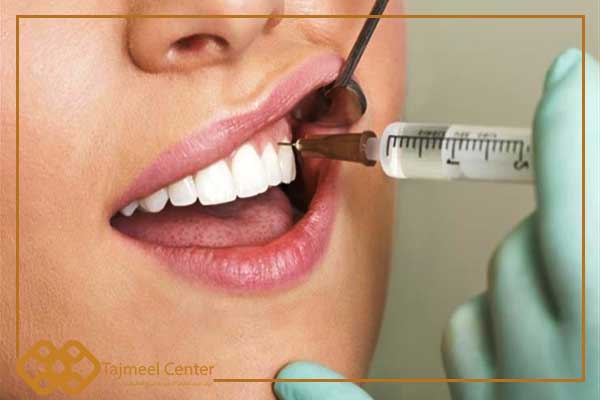
Tips for using a dental anesthetic spray
Here are a number of tips that should be taken into consideration:
- The patient should not eat any kind of food or even chew gum, in order to avoid the risk of suffocation, due to difficulty swallowing due to local anesthesia.
- Care must be taken not to bite the tongue or the inside of the cheek while speaking, for the patient who was exposed to local anesthetic spray.
- You should not drive a car or ride a bicycle until the patient feels that he is in an appropriate health condition.
- Care must be taken not to reach the local anesthetic spray into the eyes, and if this happens, the eyes must be washed with cold water quickly.
- Topical anesthetic sprays should not be used if there are sores, cuts, or stitches inside the mouth.
- The patient should tell the doctor before taking local anesthesia if he suffers from slow heart rate, epilepsy, kidney problems, or low blood pressure.
- Local anesthesia should be used according to the doctor’s instructions, as increasing the dose may cause hearing or vision disturbances, shortness of breath, or heart rate problems.
Dental spray price
The price of a local anesthetic spray (lidocaine) varies according to the concentration and the country. The price of a 2% spray in Saudi Arabia is 55 Saudi riyals, while Sarah in Egypt is 170 Egyptian pounds, and its price in Turkey is 200 Turkish lira.
Thus, in this article , we have talked about the dental anesthetic spray , where we have shown the advantages of the dental anesthetic spray and the negatives of the dental anesthetic spray, in addition to the price of the dental anesthetic spray in a number of countries.

